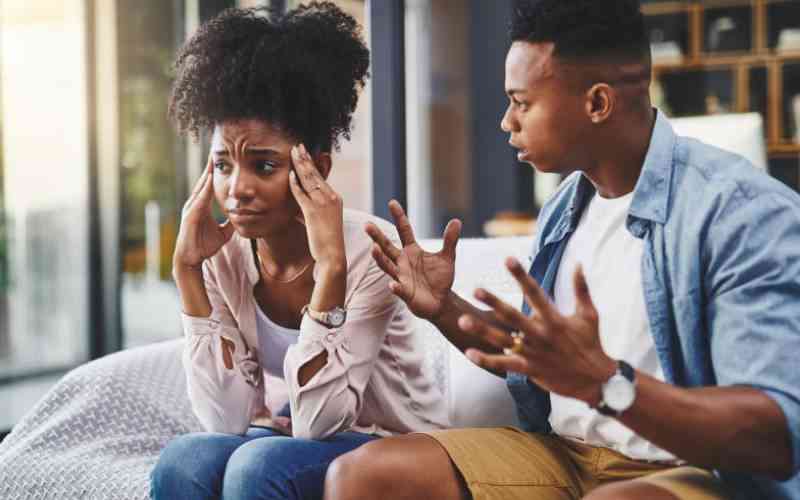
As the 16 days of activism against gender-based violence comes to an end today, one message remains clear: let’s break the silence and speak up.
The 16 Days of Activism against Gender-Based Violence is an annual international campaign that kicks off on 25 November, the International Day for the Elimination of Violence against Women, and runs for 16 days until 10 December, Human Rights Day.
For a good part of this year, in a global outreach to help curb the spread of COVID-19, most people retreated to their homes from where they would work remotely. This resulted in a spike in domestic violence cases, another global crisis.
And this year, the anti-GBV crusade was propelled by this alarming increase in cases of violence against women.
There has been an increased focus on violence against women in general, and domestic violence in particular, in both developed and developing countries and domestic violence has been acknowledged worldwide as a violation of basic human rights.
Statistics by the Kenya Demographic and Health Survey (KDHS) 2014, show that other than the clear violation of human rights, gender-based violence has other consequences like health burdens from increased disability and medical costs victims have to endure, intergenerational effects and violence as a demographic consequence.
The report further states that, domestic violence occurs in all population subgroups. In many countries, including Kenya, women are often socialized into tolerating and rationalizing a key component of domestic violence, like abuse by husbands and to remain silent about it whenever it occurs.
Violence against women come in four different forms: physical, sexual, psychological and economic. Even though psychological abuse may not be easily recognized, it is the most common form of abuse against women.

In many setups, psychological or emotional abuse, the most common form of violence against women, often goes unnoticed by the victim, or rather not socially considered as abuse. Emotional abuse comes in subtle forms of insults, humiliation, belittling, threats against your life and many more. Emotional violence, constitutes one in three of all GBV cases recorded.
According to a section of the KDHS 2014 report, 45 percent of women and 44 percent of men age 15-49 have experienced physical violence since age 15. For women the main perpetrators of physical violence were their husbands while for men it ranged from parents, teachers to guardians among others.
In line with this year’s activism theme, "Orange the World: Fund, Respond, Prevent, Collect!” the campaign aims at increasing its efforts to amplify the voices of women workers in the informal economy whose lives and livelihoods have been acutely impacted by COVID-19 while continuing to call for the ratification of International Labour Organization (ILO) Convention 190 and to end all forms of GBV in private and public spaces.
In 2018, the center of women’s global leadership (CWGL) adopted a multi-year theme focused on ending GBV and harassment in the world of work in order to build support for a new international instrument. However, in June 2019, the International Labour Organization (ILO) adopted the Violence and Harassment Convention C190 and the campaign shifted its focus to ratification.
According to the United Women’s Organization, even before COVID-19 hit, violence against women and girls had reached pandemic proportions. Globally, 243 million women and girls were abused by an intimate partner in the past year. Yet, less than 40 per cent of women who experience violence report it or seek help.
Through increased funding and availability of resources, women don’t have to suffer in silence and bear the brunt of domestic violence. Governments are encouraged to set up centers for support while the general public can continue with the campaign against GBV throughout the year. Let’s break the silence, speak up.
 The Standard Group Plc is a multi-media organization with investments in media
platforms spanning newspaper print
operations, television, radio broadcasting, digital and online services. The
Standard Group is recognized as a
leading multi-media house in Kenya with a key influence in matters of national
and international interest.
The Standard Group Plc is a multi-media organization with investments in media
platforms spanning newspaper print
operations, television, radio broadcasting, digital and online services. The
Standard Group is recognized as a
leading multi-media house in Kenya with a key influence in matters of national
and international interest.

